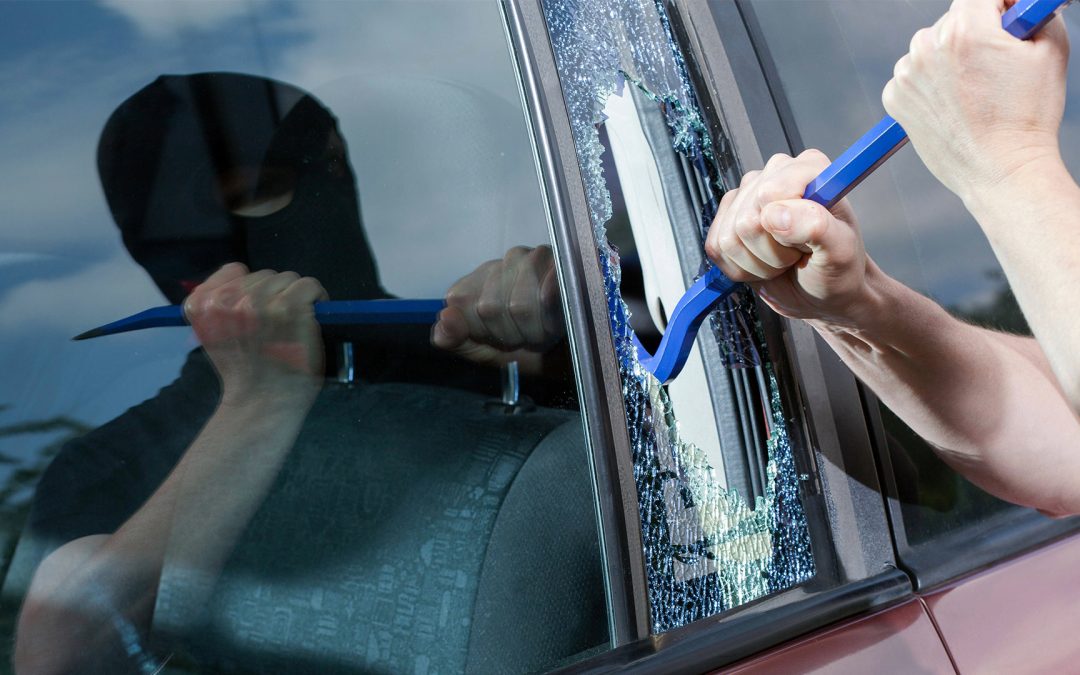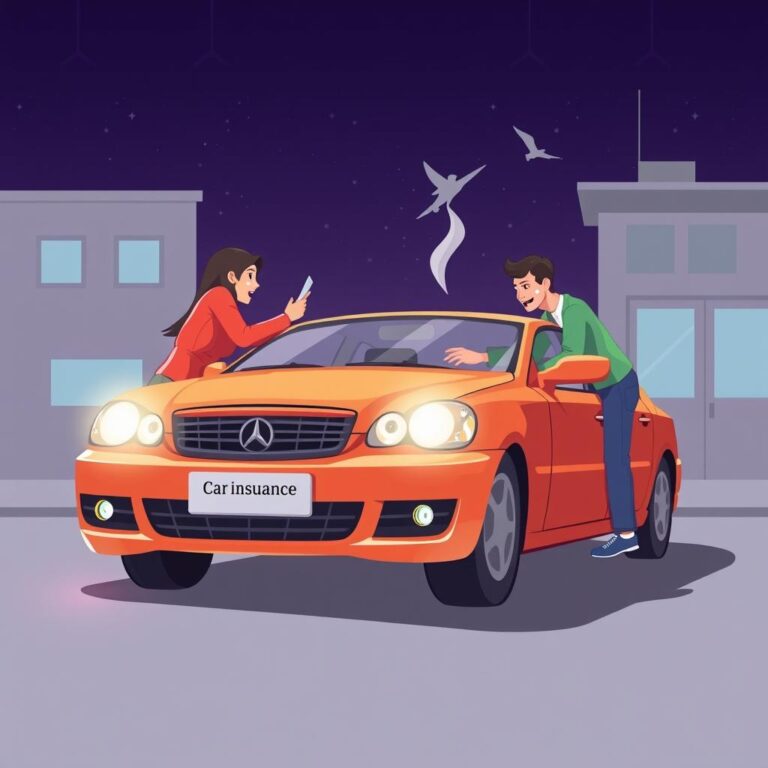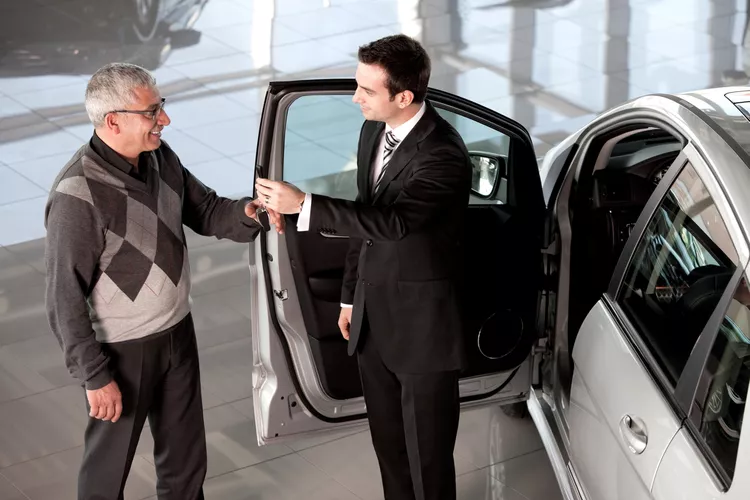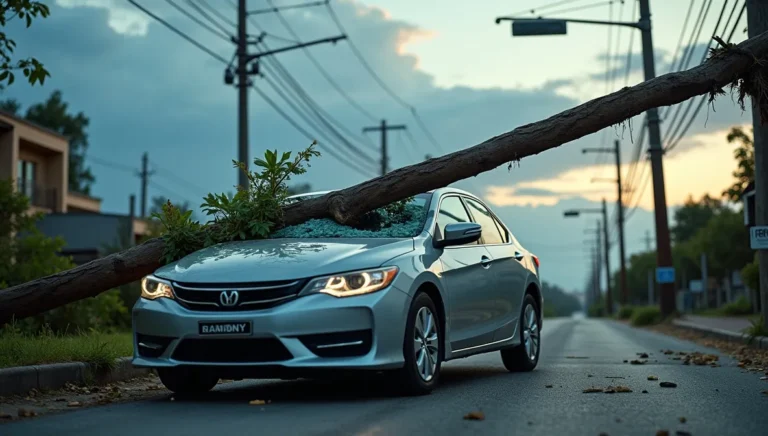Does Car Insurance Cover Personal Belongings Damaged in Car Accident?
Yes, car insurance typically covers personal belongings damaged in a car accident, up to the specified policy limits. Car insurance policies generally include coverage for personal property damaged in an accident, including items such as laptops, smartphones, and clothing, among others.
However, it is important to check the specific terms and conditions of your car insurance policy to understand the extent of coverage provided for personal belongings. By understanding your policy, you can ensure that you have sufficient coverage to protect your personal belongings in the event of an accident.

Credit: www.dtainsure.com
Understanding The Extent Of Car Insurance Coverage For Personal Belongings
Car insurance coverage for personal belongings damaged in a car accident depends on various factors. Typically, personal belongings such as laptops, smartphones, and clothing are covered by car insurance. However, the extent of coverage varies among insurance policies. Insurance companies determine coverage based on the value of the items and the type of policy held by the policyholder.
It’s important to review the policy details to understand the coverage limits and exclusions related to personal belongings. Some limitations may include a maximum reimbursement amount or specific items not covered. Exploring these limitations can help individuals make informed decisions about protecting their personal belongings while on the road.
Taking the time to understand the coverage provided by car insurance helps ensure that personal belongings are adequately protected in the event of a car accident.
Types Of Car Insurance Policies And Their Coverage For Personal Belongings
Car insurance coverage for personal belongings damaged in a car accident depends on the type of policy. Comprehensive car insurance typically covers personal belongings. Liability car insurance, on the other hand, does not cover personal property. If you have collision car insurance, the coverage for personal belongings will depend on the terms of the policy.
It’s important to review your policy to understand what happens to personal belongings in the event of an accident. Uninsured or underinsured motorist coverage may or may not cover personal belongings, depending on the specific policy. To ensure your personal belongings are protected, it’s advisable to carefully read and understand the terms and coverage of your car insurance policy.
Steps To Take When Personal Belongings Are Damaged In A Car Accident
When personal belongings are damaged in a car accident, it is important to follow certain steps. First, document the damage and assess the value of the items. Take pictures and gather any receipts or proof of ownership. Next, file a claim with your insurance company specifically for the damaged personal belongings.
Provide them with all the necessary documentation and information. It’s important to note that the reimbursement for these belongings may be subject to certain factors, such as the coverage limits of your policy or any deductibles that apply. Lastly, consider seeking additional coverage options for personal belongings, especially if you have valuable items.
This can help ensure that you are adequately protected in case of any future accidents or damages. Protecting your personal belongings is essential, so it’s important to understand your car insurance policy and take the appropriate steps when needed.
Frequently Asked Questions For Does Car Insurance Cover Personal Belongings Damaged In Car Accident?
Does Car Insurance Cover Personal Belongings Damaged In A Car Accident?
Car insurance typically covers personal belongings damaged in a car accident. However, this coverage may vary depending on your policy. It’s important to review your policy or contact your insurance provider to understand the specific coverage for personal belongings in an accident.
Conclusion
To sum up, it’s important to understand the coverage provided by your car insurance policy for personal belongings damaged in a car accident. While most standard car insurance policies do not cover personal belongings, some may offer limited coverage under certain circumstances.
It is crucial to carefully review your policy and consider purchasing additional coverage if needed. In case of damage to personal belongings, it is recommended to file a police report, document the incident, and contact your insurance company promptly. Keep in mind that proving the value of your belongings can be a challenge, so maintaining an updated inventory and providing receipts or appraisals can be beneficial.
Taking the necessary steps to protect your personal belongings and understanding the terms of your car insurance policy can provide peace of mind in the unfortunate event of an accident.





